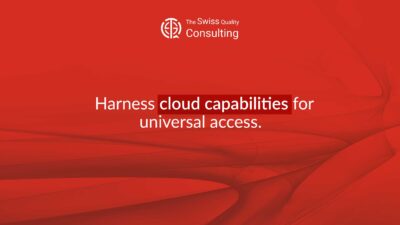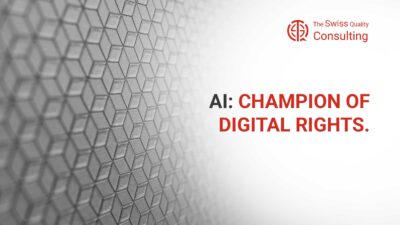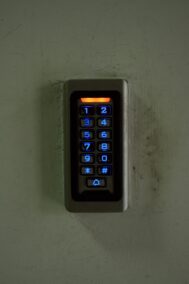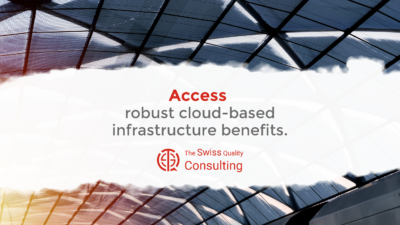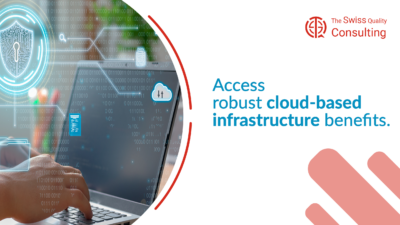Securing Organizational Data with RBAC
The Fundamentals of Role-Based Access Control
Role-Based Access Control (RBAC) is a widely implemented approach in digital rights management (DRM) that assigns permissions based on a user’s role within an organization or system. By categorizing users into roles such as administrator, manager, or employee, RBAC ensures that individuals only access data and resources necessary for their duties. This methodology enhances security by minimizing the risk of unauthorized access and data breaches. In dynamic business environments like those in Riyadh and Dubai, RBAC is crucial for maintaining organizational integrity and protecting sensitive information.
Streamlining Permissions and Access
Implementing RBAC involves creating defined roles with specific access permissions and associating users with these roles. This streamlined approach simplifies the management of permissions, reducing administrative overhead and improving efficiency. For instance, in a large corporation based in Saudi Arabia, employees might be assigned roles that dictate their access to various departments’ data, ensuring that they can only interact with information pertinent to their job functions. This not only enhances security but also supports compliance with regulatory requirements by providing a clear audit trail of user access and activities.
Mitigating Security Risks
RBAC significantly mitigates security risks by limiting the exposure of sensitive data. In the UAE, where businesses increasingly rely on digital technologies, RBAC helps prevent internal threats by ensuring that users cannot access information beyond their authorization. This is particularly important in sectors such as finance and healthcare, where unauthorized access can lead to significant financial losses and compliance violations. By adopting RBAC, organizations can better control data access, protect against insider threats, and ensure that their digital assets are securely managed.
Implementing RBAC in Modern Business Environments
Integrating RBAC with Advanced Technologies
The integration of RBAC with modern technologies such as artificial intelligence (AI) and blockchain can further enhance digital rights management. AI can analyze user behavior to detect anomalies and dynamically adjust access permissions, ensuring that roles remain relevant to current organizational needs. Blockchain, on the other hand, provides a transparent and immutable ledger of access transactions, ensuring accountability and traceability. In progressive cities like Dubai, where cutting-edge technology is embraced, combining RBAC with AI and blockchain represents the next evolution in secure data management.
Adapting RBAC to the Cloud
With the rise of cloud computing, organizations in Riyadh and other global business hubs must adapt RBAC to cloud environments. Cloud service providers offer built-in RBAC features that allow businesses to define roles and permissions across their cloud infrastructure. This ensures that only authorized users can access critical cloud-based resources and services. Adapting RBAC to the cloud enhances security by leveraging the scalability and flexibility of cloud platforms while maintaining robust access controls.
RBAC and the Metaverse
As the metaverse becomes a burgeoning digital frontier, RBAC will play a vital role in managing access and security within this immersive environment. In the metaverse, where virtual interactions and transactions occur, RBAC can ensure that users’ roles and permissions are appropriately assigned, preventing unauthorized activities and safeguarding digital assets. This is particularly relevant for businesses and entrepreneurs in Saudi Arabia and the UAE looking to explore opportunities within the metaverse. By implementing RBAC, they can establish secure and controlled virtual spaces that align with their organizational security policies.
Conclusion: Future-Proofing Security with RBAC
In conclusion, Role-Based Access Control (RBAC) is an essential component of digital rights management, offering a robust framework for assigning user permissions and securing organizational data. By categorizing users into roles, RBAC streamlines access management, reduces administrative burden, and mitigates security risks. The integration of advanced technologies such as AI and blockchain can further enhance RBAC’s effectiveness, providing dynamic and transparent access controls. As businesses in Saudi Arabia, the UAE, and beyond continue to evolve, RBAC will remain a critical tool in ensuring secure and efficient management of digital assets. Embracing RBAC today means future-proofing organizational security for the digital challenges of tomorrow.
Embracing Advanced RBAC Solutions
For business executives, mid-level managers, and entrepreneurs in rapidly developing regions like Riyadh and Dubai, adopting advanced RBAC solutions is crucial for maintaining competitive advantage and safeguarding digital assets. By investing in sophisticated RBAC systems that integrate with modern technologies, organizations can enhance their security posture and operational efficiency. Additionally, continuous training and awareness programs can ensure that employees understand their roles and responsibilities within the RBAC framework, fostering a culture of security and compliance.
The Path Forward: RBAC in a Dynamic Digital Landscape
As the digital landscape continues to evolve, RBAC will need to adapt to new challenges and opportunities. The rise of remote work, the proliferation of IoT devices, and the expansion of digital ecosystems will all influence how RBAC is implemented and managed. Forward-thinking organizations in Saudi Arabia, the UAE, and other tech-driven economies must remain agile, continuously assessing and updating their RBAC policies to align with emerging trends and threats. By doing so, they can ensure that their digital rights management strategies remain effective and resilient in an ever-changing technological environment.
—
#RoleBasedAccessControl #DigitalRightsManagement #UserPermissions #OrganizationalSecurity #SaudiArabiaTechnology #UAETechnology #RiyadhBusinessSecurity #DubaiDigitalManagement #ArtificialIntelligence #Blockchain #Metaverse




